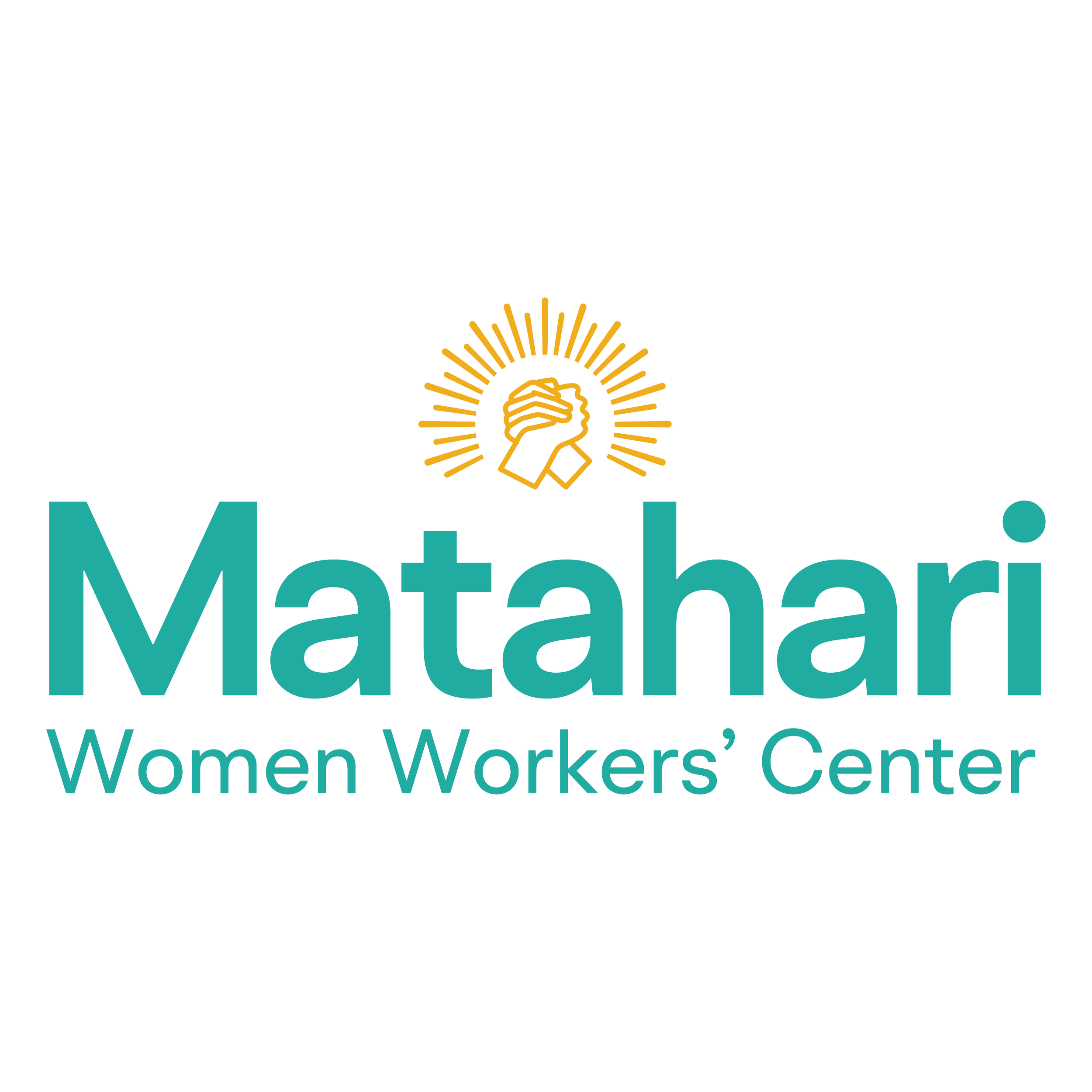LAURA GONZÁLEZ (THEY/SHE)
Director of Cultural Organizing: Integrating arts & culture into our campaign and political education spaces as a a tool to deepen analysis, gain knowledge and engage with tools of social change and liberation.
BIO: Originally from Colombia, I navigated the challenges of being an undocumented youth and a migrant queer femme. While living in the United States, my parents worked as domestic workers and restaurant workers, a reality that deeply influences my work. Even though my organizing journey officially began in 2010, I started out as a youth organizer, deeply influenced by social movements in Latin America, drawing inspiration from my own history and worker movements.
I became deeply political while working with banana workers in Nicaragua who had been displaced and exploited by Dole and Chiquita, a history I knew all too well since my own family were also banana workers. I was particularly inspired by their campaigns' use of art, spectacle and the integration of methodologies like theater of the oppressed and popular education. Their approach not only deepened people's political analysis but also challenged authority and inspired collective action.
After returning to the United States, I contributed to a few Cultural Organizing campaigns over the course of 10 years, notably the "Drop the I-Word" initiative, “No More Deaths”, “Dream Act Now” and “Sanctuary Cities”. Together, these three campaigns demonstrate the power of creative expression in advancing migrant rights, amplifying voices, and promoting social change.
As a co-director at Matahari Women Workers Center, I support the integration of arts and culture into our campaign and political education spaces which serves as a tool to deepen analysis, gain knowledge, and engage with tools of social change and liberation.
My favorite workplace memory is: One of my fondest workplace memories takes me back to my early days as an organizer at Matahari. It was a time when the pandemic cast a heavy shadow, and the plight of essential workers was at the forefront of our minds. I vividly remember organizing for Paul Leibow's 24-foot wooden artwork of Elena the Essential Worker to be a cultural art installation featured at a protest symbolizing the fight for One Fair Wage.
The logistics were daunting—orchestrating and coordinating to erect this powerful visual representation in the heart of Union Square, amidst the height of the pandemic. With social distancing measures in place, a group of about 8-10 Matahari members took turns unloading the pieces from the u-haul and assembling them with care. It was a true testament to the resilience and dedication of our community, coming together to advocate for those who keep our society running.
My zodiac signs are: Pisces sun, gemini rising and virgo moon
When I’m not at work you can find me: Trekking through the wilderness on #MatahariMondays, casting lines searching for striper fish or crabbing off the coast of Winthrop Beach. When hunger strikes, I eagerly embrace the opportunity to cook, usually something savory, crafting meals from random fridge finds- a skill I honed as a migrant kid cooking for my two younger siblings. I'm a music lover and an avid record collector, always on the hunt for rare vinyl gems. Between records and recipes, I sharpen my strategic mind with a fierce game of Connect Four or winding down with a good word-search puzzle and perhaps attending a spoken word event.
Email: culture@mataharijustice.org
Phone: 617-356-1730

